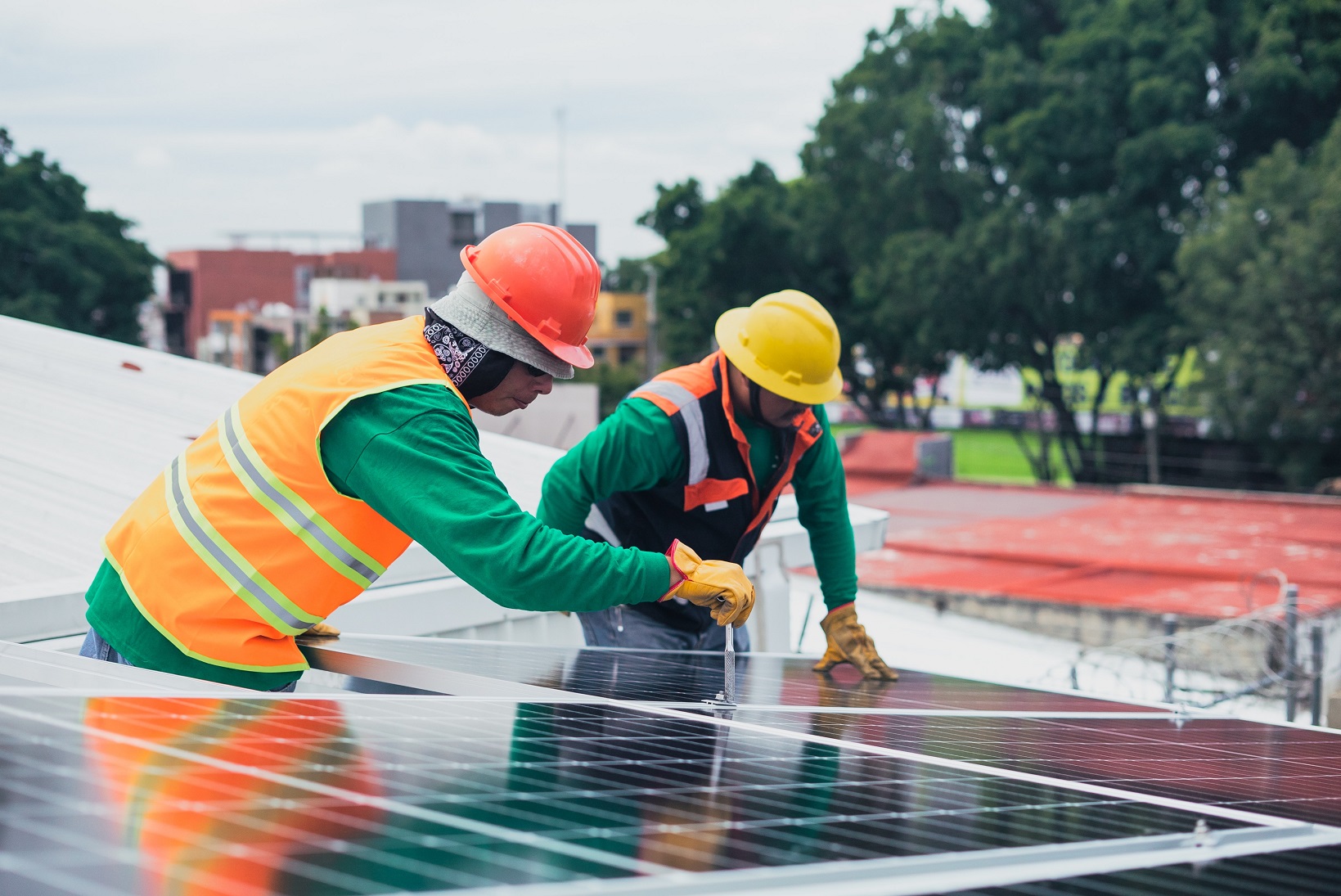The global landscape bristles with abundant opportunities in renewable energy.
Investors and project developers increasingly acknowledge the potential for solar, wind, hydropower, and biomass projects to serve as clean and sustainable power sources globally. However, navigating the global renewable energy investments field demands a profound understanding of optimal equity structuring approaches.
Key Factors Impacting Equity Structuring:
-
Risk Profile: Financial risk associated with renewable energy projects varies based on geography, technology, political climate, and regulatory frameworks. Investors need a comprehensive overview of these risks to develop the best equity structure.
-
Capital Availability: Determining the financing sources for a project can influence the optimal equity structure. Funding options include local banks, development finance institutions, foreign investors, and multilateral agencies.
-
Tax Considerations: The tax environment in the country of operation and the investor's home country management plays a role in shaping the equity structure. Knowledge of tax incentives, withholding taxes, capital gains, and transfer pricing rules is key to maximizing financial returns.
-
Currency Risk: The equity structure must account for potential currency risks, as fluctuations in exchange rates can impact returns on renewable energy investments.
Best Practices in Equity Structuring:
-
Joint Ventures: Partnering with local entities can provide better risk mitigation, knowledge sharing, and access to local resources.
-
Project Finance: Using project finance structures involving equity investors, debt providers, and other stakeholders can help allocate risks more efficiently and attract necessary capital.
-
Leveraging Development Finance Institutions (DFIs): Collaboration with DFIs can provide access to favorable financing terms, risk mitigation products, and technical assistance.
-
Investors and project developers increasingly acknowledge the potential for solar, wind, hydropower, and biomass projects to serve as clean and sustainable power sources globally. However, navigating the global renewable energy investments field demands a profound understanding of optimal equity structuring approaches.: Implementing equity structures that allow for capital contributions, dividend payouts, and minority investor protections while maintaining future adjustment flexibility can ensure sustainable global investments.
In conclusion, optimal equity structuring for renewable energy investments requires tailor-made solutions for each project's unique circumstances and risks. A careful analysis of these factors alongside best practices can help investors maximize their returns while contributing to global sustainable energy goals.









